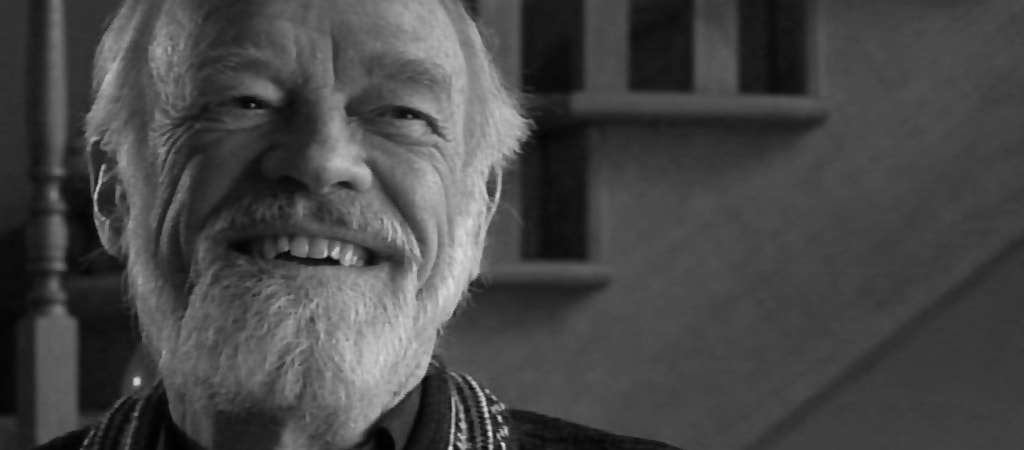|
Wecome to Logia, the personal blog of Paul Hartwig. Reflections and resources to enhance understanding of what God has revealed of himself in Scripture.
|
|
How can we define pastoral work? It is my conviction that no writer has done it better today that Eugene Peterson. The shape of this work has three angels: the pastoral imagination and practise is a life-long calling to a cultivation of attentiveness, reverence and humility before the realities of God (prayer), His revealed Word (Scripture) and His people (Church). We stagger as we affirm with C S Lewis that 'the inside is bigger than the outside'. But the means of our ministry is a personal participation in these 3 continents. The pastoral call is a counter-cultural call to is personal and participatory. This is what Peterson calls the 21c pastor back to in all his writings: paying attention to the Triune God, to Scripture and to People.
This call to slow down to pay attention to the particulars before our face came home vividly to me whilst I was swimming in the gym pool. It dawned upon me that I was not taking in what I was doing, I was simply cycling through the present to get to the next thing, and so on. I was not actually enjoying swimming one length because I had to get finished and get onto the next thing. I was taking things for granted. This was robbing the present to pay the future! Hit by my criminal inattention to present things, I went into the shower and consciously slowed down to consider present conditions and realities around me. In the shower I looked up and contemplated where I was. I stopped and looked around, taking in what was before my nose! That unnecessary pause in the shower has become a sacramental act to remind me to slow down, open my eyes and 'smell the roses' where ever I am; to be immediately present to things. I think I was then getting what Peterson was trying to communicate to me when he said: 'every step an arrival'. Don't be so bussy to try to get ahead that you have no time for the present. I realised that the pastoral call is to do exactly what I had done in the gym: pay attention (to God, Scripture and People). Attention to God's written revelation is the second angle defining our call. Peterson defines exegesis as a sustained act of humility, where we love God enough to stop and listen to what He is saying. Once again, he directs us a particular manner of reading Scripture, a way congruent with the nature and objective of Scripture itself: formatively. We read not merely to harvest information, but to personally involve ourselves in the text that forms us as worshippers. As we read a Cooking book or Gardening book, so we should read to Bible. We should give particular notice of the metaphors and stories of Scripture. Through them we are personally pulled into a participatory believing, listening, loving way of life that is, above all local and personal: prayerful! Attention to God's people. Peterson warns us of the depersonalising tendencies of our culture. It is so easy to trivialize people into producers and performers. We must personalise at any cost, and salvage the glories and complexities of the congregation. There are no mere people, no 'ditto's in souls' (Baron von Hugel), no reduction to stereotypes and no abstractions when it comes to people. They are irreducibly personal, “not problems to fixed but mysteries to be honoured and revered. Who else in the community other than the pastor has the assigned task of greeting men and woman and welcoming them into a congregation in which they are known not by what is wrong with them but by who they are, as they are? Worshippers in the image of God”. Our attention to congregation is attention to names and individuals, to creating a community where people can be loved for who they are not for what they can do. As a church planter, Peterson expected 'green-berret' Christians, a gathering of the cream of the crop to in his new church. The realities of the congregation soon set in and he realised that pastoral work was a call to the trenches of ordinary life, witnessing to transcendence in the smog of rush-hour traffic and coffee-shops in the Mall. These people, as they are. The pastor’s main task is to help others to pray (Under the Unpredictable Plant). Calling others to pay attention. Pastors, fight with blood-earnest vigour to keep your hold on these three things, and in the singular manner of personal and perceptive participation. Amidst such cultural conditions, a prohetic all today is to pioneer in attention to things! A call to a certain quality of life. Slavage a biblical identity. Pastor is not a job to make a living; it is a way of living.
0 Comments
Leave a Reply. |
Categories
All
Archives
May 2023
|


